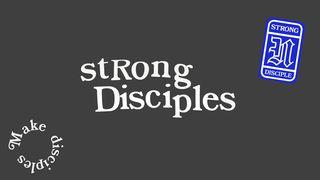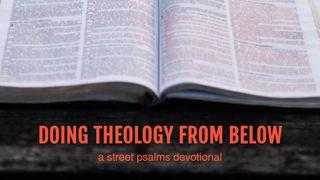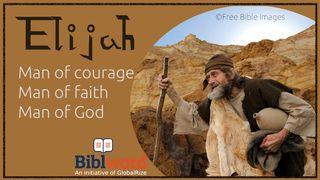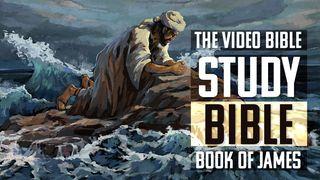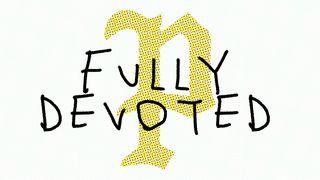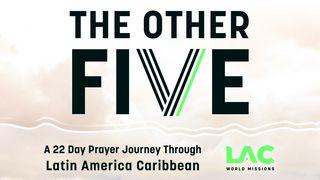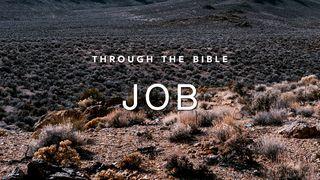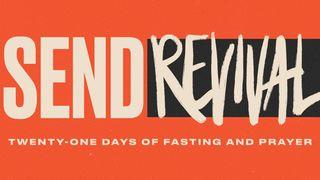Deuteronomy: At Journey's Endਨਮੂਨਾ
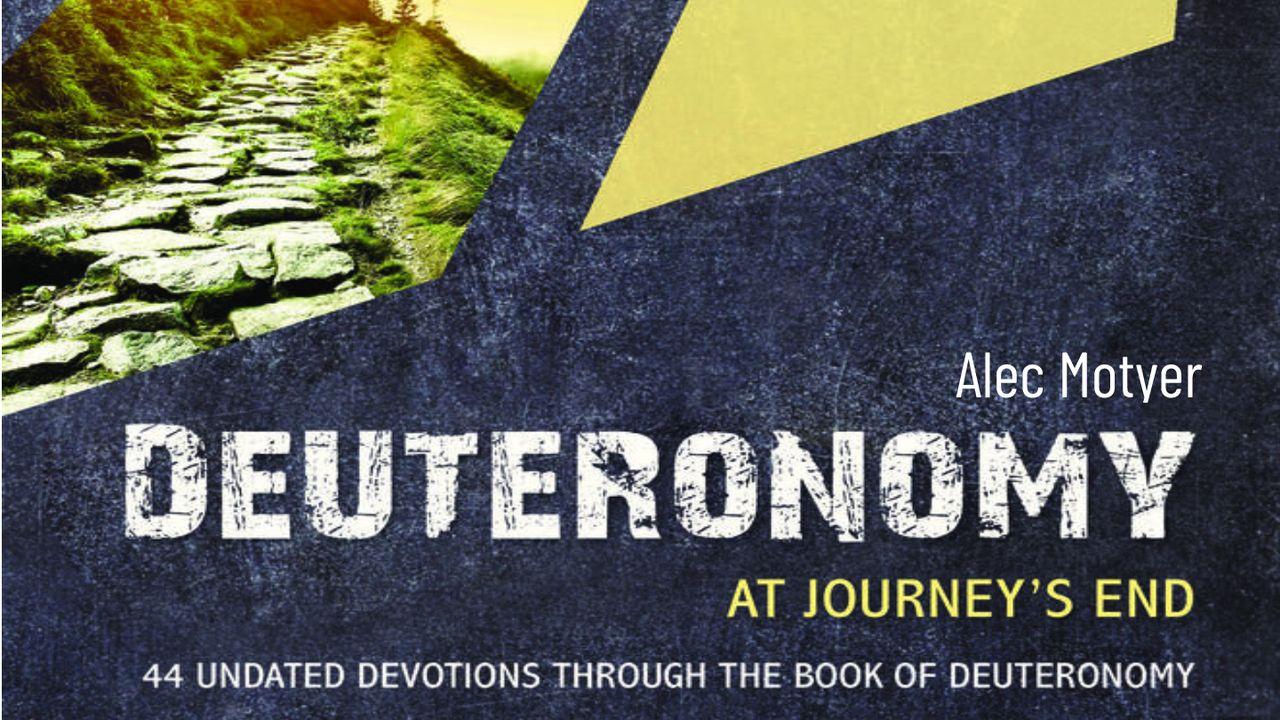
The protection of the law
There are five sections in this chapter (vv. 1–9; 10–14; 15–17; 18–21; and 22–23). The three middle sections are linked like dominoes, that is, by matching topics: a second wife (vv. 10– 14); the son of a second wife treated unfairly by a parent (vv. 15–17); and a son who is a menace to his parents (vv. 18–21). The first and last parts share a reference to the land as a divine gift (vv. 1, 23), and the need to cleanse the land (vv. 9, 23). The great linking thought of all five is that the law is intended for protection – and it is in this way the passage speaks to us, not least that we should pray for our laws and our lawmakers. Four of the principles are:
First, the law should protect the vulnerable from the strong (vv. 10–14). We desperately need this aspect of law in a day when post-victory rape is far from discouraged. Here the girl who is ‘fancied’ is treated as a person in her own right, with respect and restraint, and with the status and protection of marriage.
Secondly, the law should guarantee the rights of the potentially defrauded (vv. 15–17) – in this case the son of the less loved wife and his rights as firstborn.
Thirdly, the law should take the side of parents in despair over a child out of control (vv. 18–21). See how the Old Testament does not give absolute right to a father to do as he pleases in his family. The law steps in. There is no recorded case where the rigour of this regulation was applied. However, it is very likely the appearance of the willful son in court and the threatened penalty was meant itself to produce the desired reformation.
Fourthly, the law should safeguard the land itself from pollution (vv. 22–23). We are not familiar with this idea of our sin defiling the land we live in, but it is stressed in the Bible (see Jer. 3:1), and goes back to Genesis 3:17–19. Indeed, the land thus defiled becomes an active force opposing its inhabitants (see Lev. 18:25). Our greatest environmental contribution is our holiness. Thus the crime leading to the unsolved murder must not be left without ‘atonement’ (Deut. 21:8) – the word means ‘covering’, not is the sense of hiding (sweeping under the carpet) but as the payment of the price that ‘covers’ a debt. The exposure of the body after execution (v. 23), leaving what is a curse to God displayed, is a defilement. The land is his gift and is itself a holy thing.
Reflection
In what ways can we apply each of the above points to ourselves and to today’s world? How can we bring home such significant truths to our leaders?
ਪਵਿੱਤਰ ਸ਼ਾਸਤਰ
About this Plan

In these daily undated devotions, Alec Motyer explores the timeless truths of Deuteronomy and applies them to our lives today. Just as the Israelites did, we can appreciate the wonder of God’s grace to us through repentance, experience His committed love for us, and learn more about walking in His ways.
More
